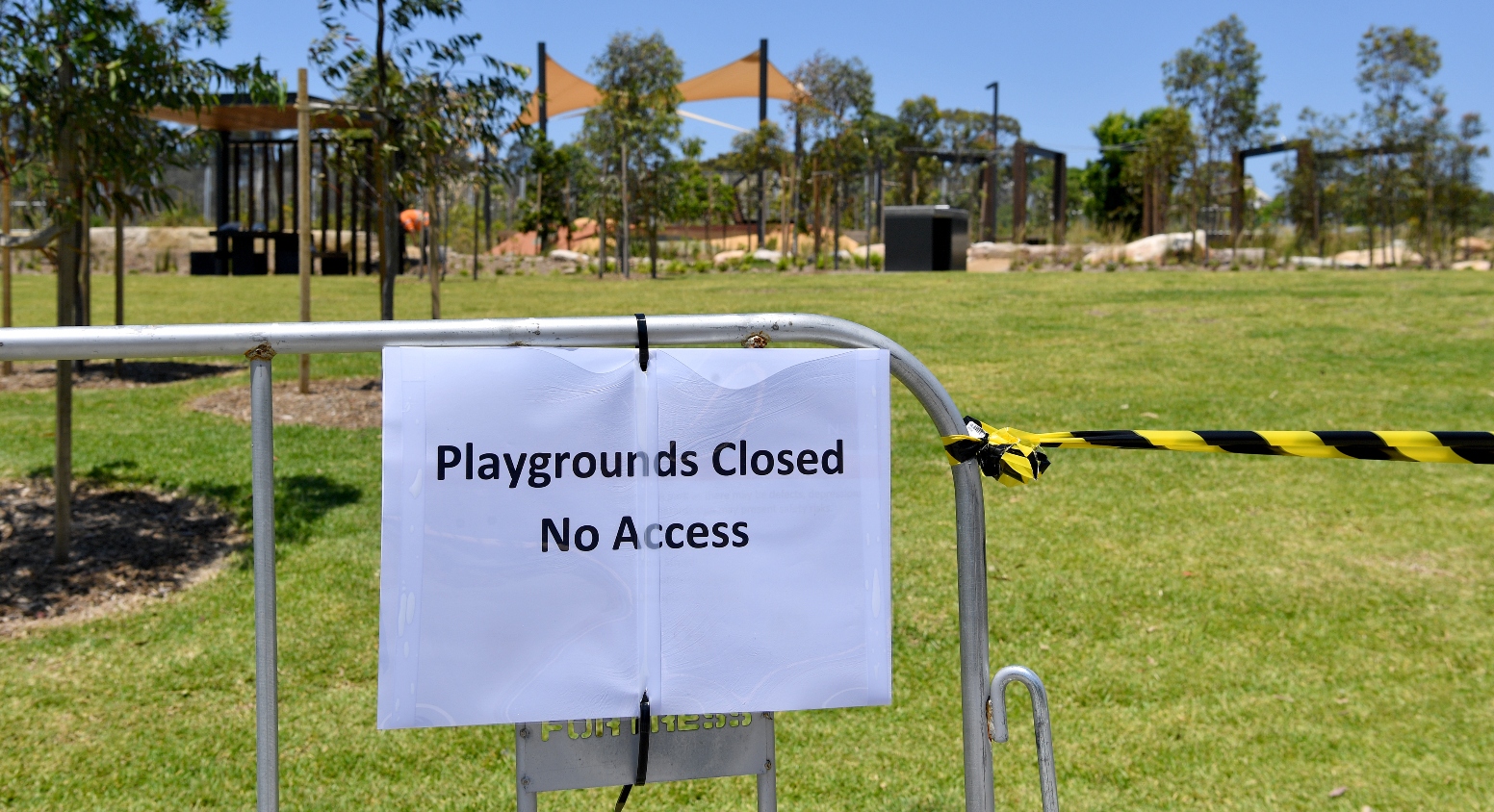
Don’t leave cats in a flap
By RITA BRATOVICH
If you’re a pet owner you know all too well the sheer heartbreak of losing a non-human companion, but have you ever considered the pain and upheaval your pet might experience if you suddenly weren’t there anymore?
According to Kristina Vesk, CEO of The Cat Protection Society (CPS), animals can react in the same way as humans.
“When people die or have to give up their pets, the pets grieve and really miss their owners,” she said.
To add to their woes, most pets have not been provided for by their owners in case of an emergency. It’s something the CPS is addressing in an upcoming free seminar they’ve organised on planning ahead, called Who will Take Care of my Cat? Documenting your Future Wishes.
Featuring guest speaker, Ruth Pollard, Director, Legal and Professional Services, NSW Trustee & Guardian, the seminar aims to equip pet owners with information and guidance on how to ensure their pets are looked after if something unexpected happens.
“What we’re finding in Sydney,” explained Vesk, “is that more and more people are living in social isolation .. pets are super important to them because they provide companionship.”
Those people – and by extension, their pets – are rendered vulnerable because of that isolation.
“They don’t necessarily have people who they know or who they live near who can provide that emergency support.”
Without a plan in place, pets that are suddenly abandoned may become strays, get frightened and hide, starve or fall ill, wander into traffic, or end up in a shelter or pound. By preparing formal, detailed documentation that is readily accessible, you can help avoid unnecessary heartache for yourself and your pet.
“Hope for the best but plan for the worst,” said Vesk. “Even if it’s something temporary, you want your dog or cat to be well looked after.”
Register your cat
A good place to start is the NSW Pet Registry which allows you to input and update details online.
“You can create a profile for your pet,” Vesk suggested, “link it up with the microchip number and make changes yourself.”
It’s also a good idea to have a clearly-marked folder in a prominent place in the home so that anyone entering the house in an emergency will be alerted to the fact that there is a pet somewhere.
Documentation should include current registration details, dietary preferences, vaccinations, medication, type of cat litter used (if applicable), personality, habits, and other information will aid in the care or, if necessary, re-homing of the pet.
Vesk recommends developing a good relationship with your local vet:
“Use the same vet clinic so that the one place has all the records. It makes it so much easier. Find someone you like and stick with them. They will know your pets. They will also be someone who’ll be a very good partner in making decisions about your pet if you’re not able to.”
Ruth Pollard is a lawyer and will speak about the legal aspects of planning ahead for pets.
“Under Australian law domestic pets are classified as the personal property of the pet owner,” she said. “The Companion Animals Act 1998 imposes legal requirements on an owner, such as registration and microchipping of the pet.”
Provisions and instructions regarding the care of a pet in the event of incapacitation or death of the owner can and should be made in a legal planning ahead document, such as a will, ensuring power of attorney and guardianship appointment.
“These are all legal documents so I cannot sufficiently stress the importance of seeking professional advice from a legal practitioner with experience in drafting these documents and providing proper advice,” Pollard emphasised.
Where there’s a will there’s no stray
It’s estimated that only about 50% of Australians have a will.
“Some people think they need assets of value to make a Will,” said Pollard. “That is not necessarily so… If a person dies without making a Will, their assets are distributed according to the NSW laws of intestacy… [which] do not make provision for pets or charities. Only certain relatives are included in the intestacy laws. This is why it is important for pet owners to make a Will, including provision for their pet.
“The other option is to set up a pet maintenance trust in the will,” Pollard continued. “There are a few rules that must be followed to set up a pet maintenance trust so it is important to speak to a solicitor who knows how to do this. [How much money] will depend on the age, health and needs of your pet or cat and where it will be cared for and by whom. Think about how you care for your cat/pet and what money you spend on its care..”
More info at: www.tag.nsw.gov.au/pets-and-planning-ahead.html
www.catprotection.org.au/who-will-take-care-of-my-cat/
Who will Take Care of my Cat? Documenting your Future Wishes
Free seminar, Sat 27 July, 2pm – 3.30pm, Newtown Neighbourhood Centre, Rainbow Room, 1 Bedford St, Newtown.









